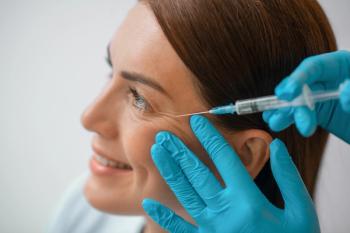
How does the skin microbiome relate to skin health?
Research is needed to clarify human skin microbiome relevance for skin health, dermatologic disorders.
Interest in the human skin microbiome and how it relates to skin health and dermatologic disorders is rapidly growing.
Given the dermatology specialty’s interest in the microbiome, defined as a collection of microbes including bacteria, viruses and eukaryotes and their collective genomes, it’s important to understand that what current research highlights is that there are a lot of unknowns, according to Heidi H. Kong, M.D., M.H.Sc, investigator and head of the Cutaneous Microbiome and Inflammation Section, Dermatology Branch, at the National Institutes of Health (NIH).
“In fact, there is much research we still need to do to understand whether the skin microbiome affects human health,” says Dr. Kong, who presented “Relevance of the Human Microbiome in Health and Disease” during the 2019 American Academy of Dermatology Annual Meeting in Washington, DC.
Dr. Kong offers these three takeaways from her recent presentation:
- The interesting outcomes with fecal transplants for Clostridium difficile colitis have fueled enthusiasm for the therapeutic potential of the human microbiome, but it is important to recognize that the fecal transplants in this setting were used for an infection.
- Inflammatory conditions are much more complicated and multifactorial. In most instances, there is insufficient information to make clinically actionable decisions based on current skin microbiome research findings.
- More research is needed to outline the risks and benefits of using skin microbiome research to develop therapeutics.
Disclosures:
Dr. Kong reports no relevant disclosures.
Newsletter
Like what you’re reading? Subscribe to Dermatology Times for weekly updates on therapies, innovations, and real-world practice tips.











